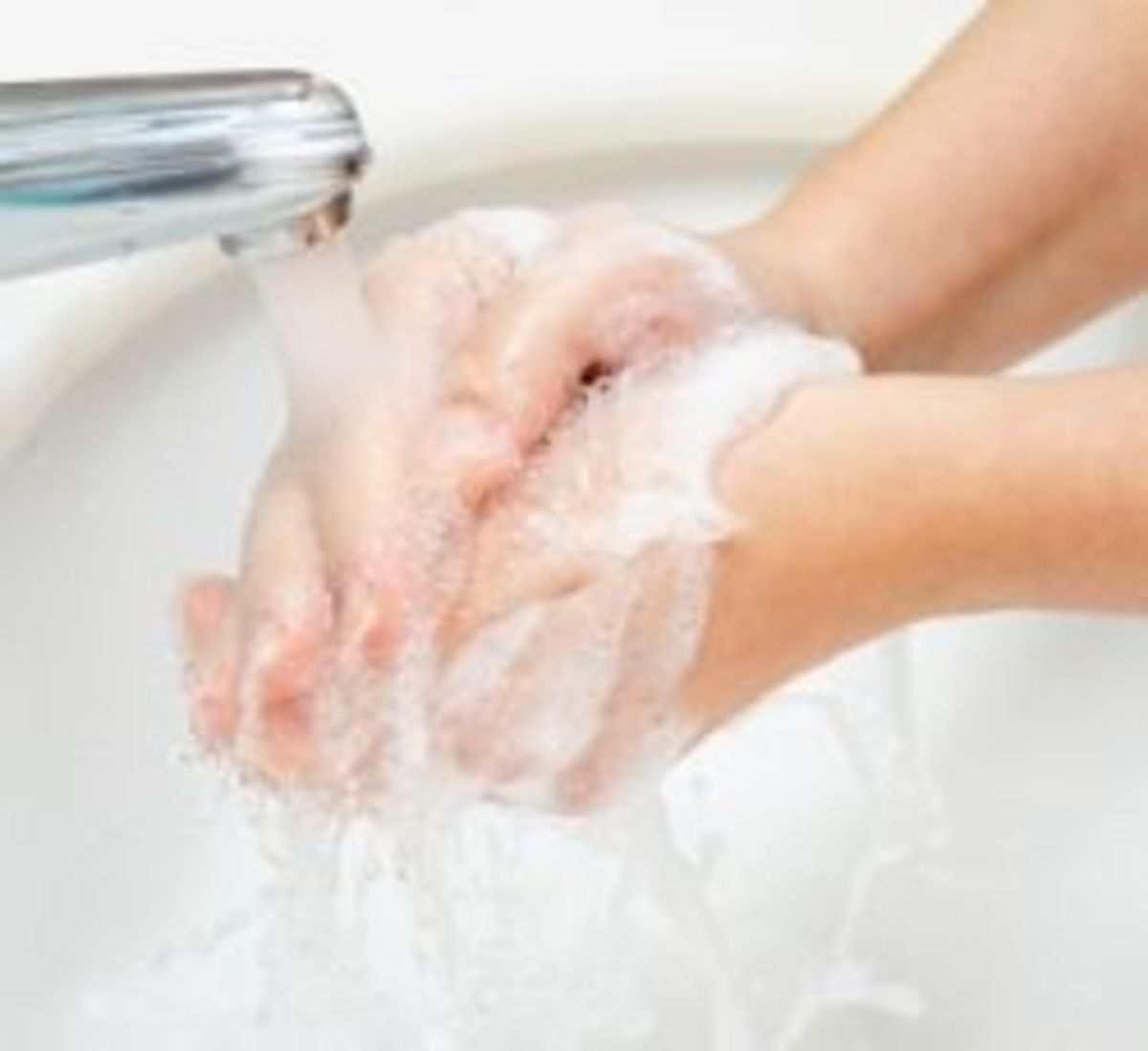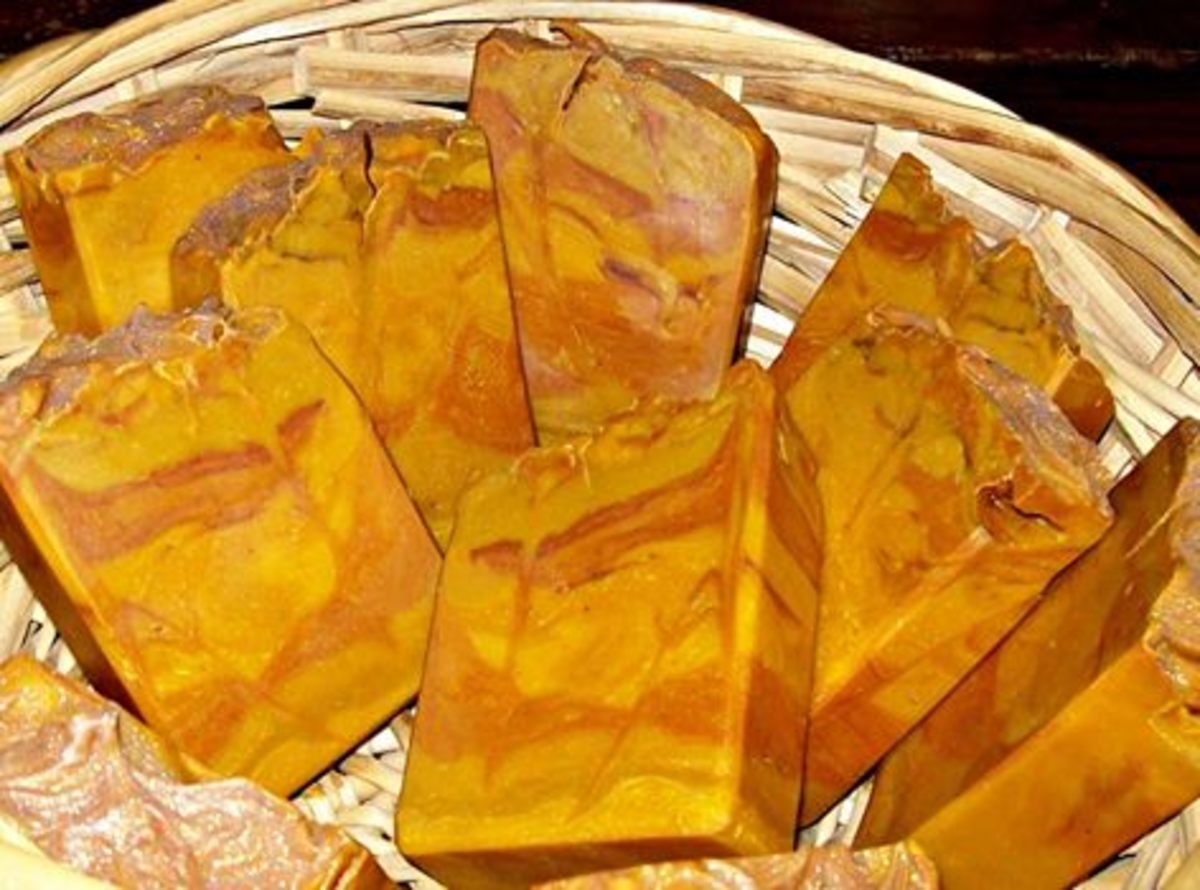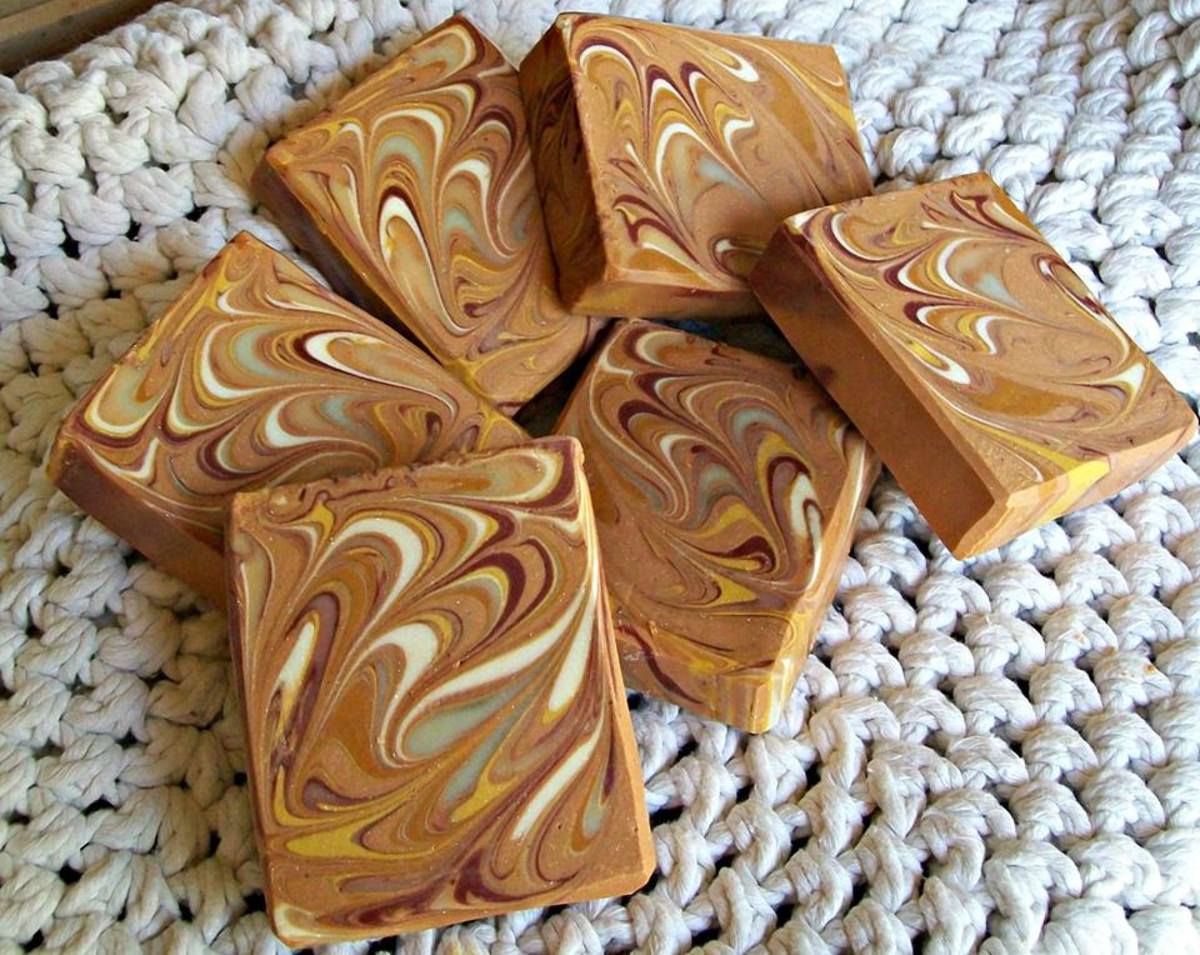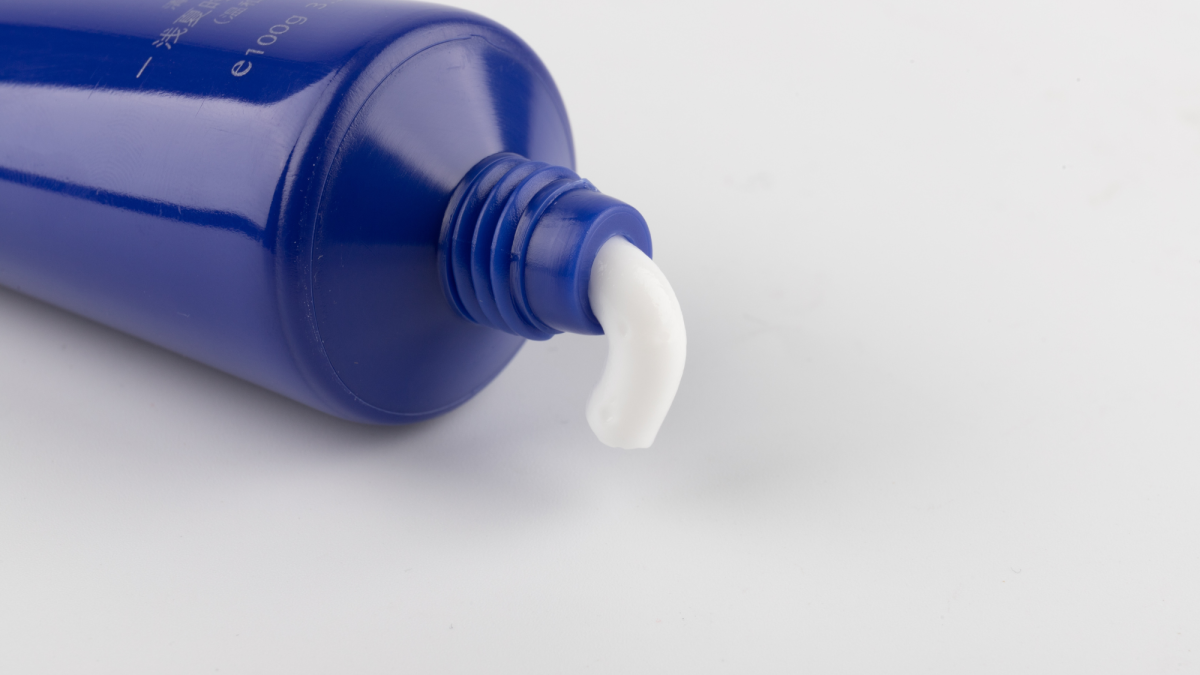Sodium Lauryl Sulfate and Acne
Hidden Dangers in Skin & Hair Care Products
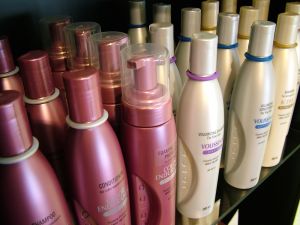
What is SLS?
Sodium lauryl sulfate is an additive contained in several household and industrial cleaning products that is engineered to create a lather effect in mineral enriched water. SLS is a cheap solution to a major problem, the problem being that most American households are supplied with hard water. Hard water contains substantial amounts of minerals including Calcium and Magnesium. This water is fine for consumption and other uses, however, it falters when it comes to cleaning applications. Traditionally speaking, water should combine with soap to form a lather. This lather signifies that the surface tension of the water has been increased to allow for sufficient cleaning power. With hard water, this lather never surfaces. The soap is unable to achieve its intended effect because the mineral-rich nature of the water gets in the way. The minerals react with the soap to form soap scum.
Soap scum is not an issue when SLS is incorporated in cleaning products. SLS keeps the soap from forming a precipitate with the water. Ultimately, consumers get that lather effect which they have come to enjoy without any indication that SLS could be harming their skin. Little motivation has materialized for skin care product makers to substitute SLS for a more gentle additive. It is inexpensively available and any other alternative would require further purification of the public water supply, which would be very costly to say the least.
Comprehensive Overview of Sodium Lauryl Sulfate and Variants
Is SLS Dangerous?
The question of whether or not SLS is dangerous has been raised by many over recent years. No reputable agency has yet to make the claim that SLS is dangerous to human health. However, some studies have indicated that this chemical may be a carcinogen. A component of SLS known as dioxane has been linked to the development of cancer. Furthermore, SLS has been labeled by the EPA as a minimum risk pesticide. To deny that any adverse health effects may result from products containing this chemical is ridiculous and contradicts overwhelming amounts of evidence.
SLS Is a Skin Irritant
SLS Is Dangerous For Eyes, Hair
What products contain SLS?
The sheer number of consumer products that contain SLS may be overwhelming. For starters, shampoo, toothpaste, and soap all contain this dangerous additive. Household products are just the beginning. The same SLS that you find in your soap and shampoo is also present in car washing fluid and engine degreaser. If you can imagine the filth which car wash soap can eradicate from a car, it should be obvious that it is anything but a suitable additive for acne-oriented products.
Does SLS Cause Acne?
Those of you that suffer from acne undoubtedly use shampoo and toothpaste on a regular basis. There is strong evidence to suggest that your use of such products may be aggravating your skin and consequently triggering breakouts. Although SLS does not directly cause acne, it is classified as a severe skin irritant. One government agency uncovered that SLS caused substantial skin and eye irritation in animals. While some are quick to assert that the negative effects of SLS are only associated with use prolonging for more than an hour, our regular use of products containing SLS adds up, to the ultimate detriment of our skin.
Skin irritation is closely tied to the development of acne. The drying effect often brought about by SLS is a risk factor for acne. Similarly, the highly basic pH of SLS triggers disruptions in the acidic environment which our skin requires. When this acidity level is compromised, our skin struggles to keep unwanted intruders such as acne bacteria out. SLS leaves your skin vulnerable.
Avoiding Damaging Effects
You can avoid the harmful effects of SLS by simply refraining from purchasing products that contain it. As you are shopping for a new shampoo or toothpaste, read any product labels carefully to ensure they lack this dangerous ingredient. In general, natural shampoos and toothpastes are good bet. There is yet another offending ingredient in toothpaste known as fluoride. This can also cause acne flareups, so a non-fluorinated toothpaste may also be a good choice.

